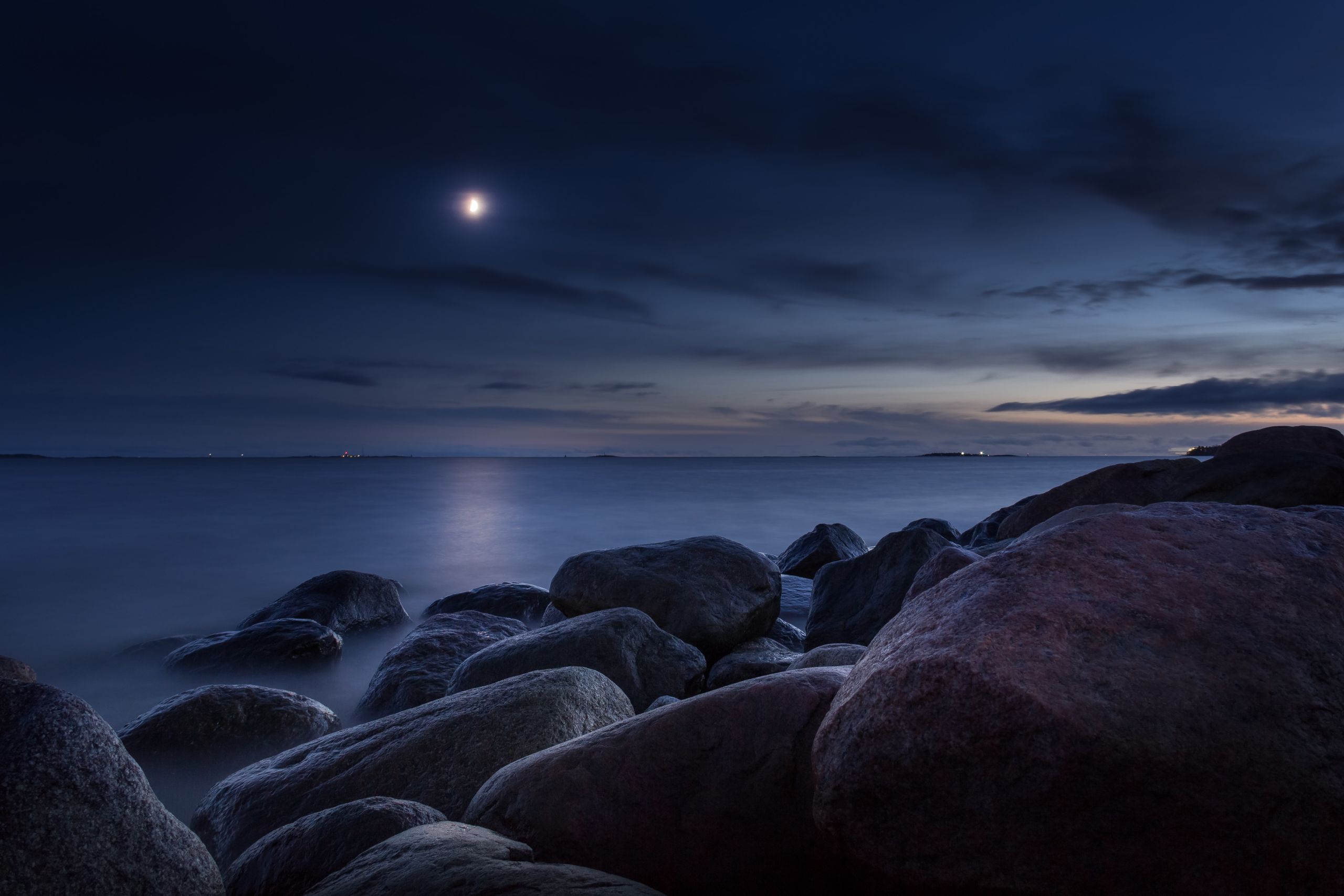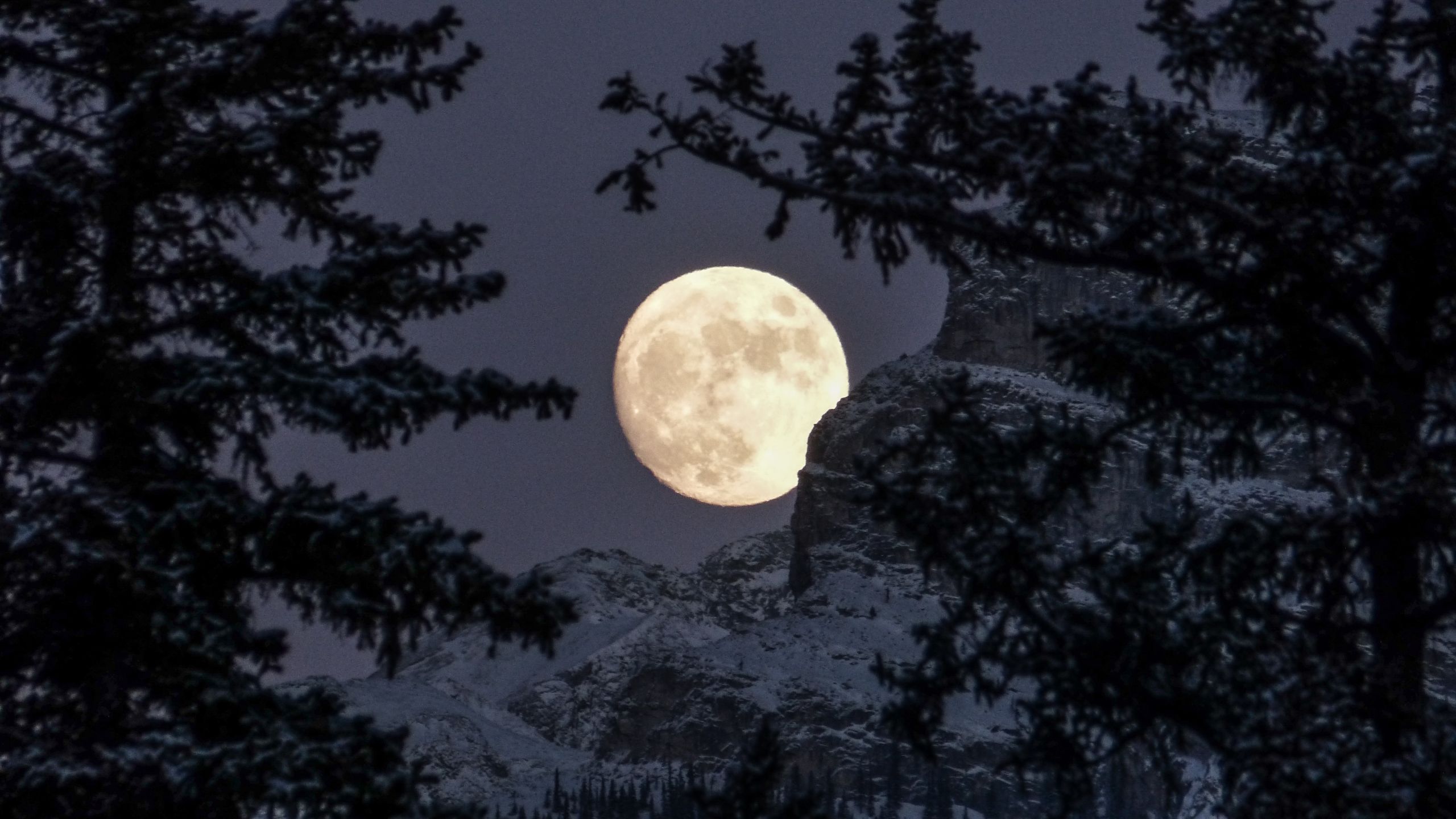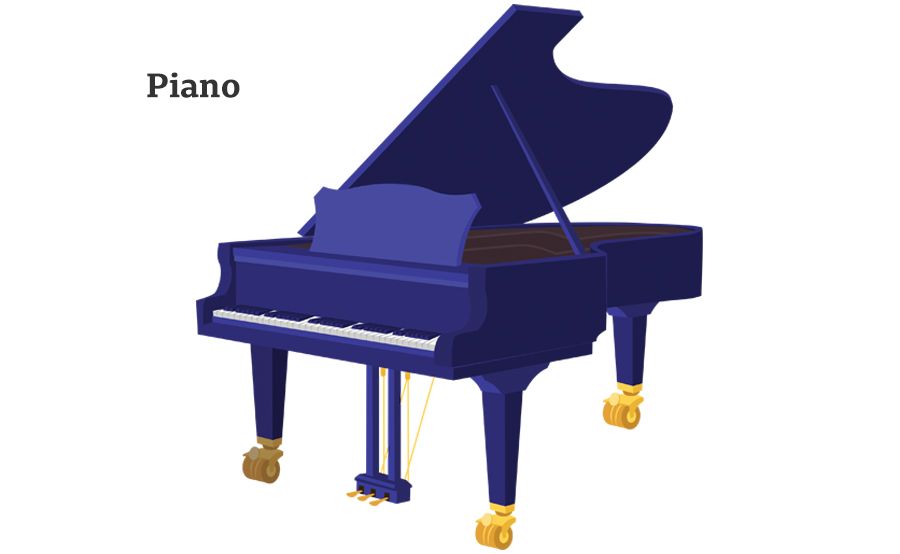Proms at Home
Beethovenãs ãMoonlightã Sonata

Welcome to Proms at Home!
Open your ears, unlock your imagination and enjoy the musical ride!
In our final Proms at Home adventure the piano takes centre stage as we explore the beautiful ãMoonlightã Sonata by Ludwig van Beethoven.
About the piece
A sonata is a piece of music usually written for one or two instruments. The composer Ludwig van Beethoven wrote lots of them and, in 1801, he finished his 14th sonata for the piano. Years later, after hearing that sonata, one writer said that some of the music reminded him of moonlight sparkling on the water of Lake Lucerne in Switzerland.
So before long everyone began to call this piece the ãMoonlightã Sonata. Poor old Beethoven couldnãt disagree because heãd died a few years earlier.
Beethoven was born in 1770, and so this year is the 250th anniversary of his birth! Throughout his life he would sit at his piano, composing exciting, wild and elegant music. Often old food and dirty washing would start piling up everywhere around him. When Beethoven was concentrating on making his music, nothing else mattered.
When you listen to the delicate, unfolding melody (or tune) in Beethovenãs ãMoonlightã Sonata, you too may imagine the light of the moon shining on the waves of a lake.
But you might also imagine something very different.
The most important thing to remember when we listen to music is that there are no wrong or right answers. The same piece of music will make each one of us feel and imagine different things.
Thatãs what makes music so incredible. And Beethoven would definitely have agreed with that!
So see where your imagination takes you, as you watch and listen to this clip of the brilliant pianist Mitsuko Uchida performing the opening of the ãMoonlightã Sonata at this yearãs Proms:
(Images: Joakim Honkasalo/Kym Mackinnon)


Listen Out ...

The speed (or tempo) of Beethovenãs sonata is slow and gentle. What words would you use to describe how it makes you feel?
You may have seen people playing a group of notes at the same time on the piano to make a ãchordã. The ãMoonlightã Sonata is full of ãarpeggiosã, which are chords broken up into their individual notes and spread out. The sound of the repeating arpeggios creates a soothing, calming feeling.
Can you spot Mitsuko playing those arpeggios with her right hand?
Where Next?

- If youãre in the mood for some music that will take you far beyond the moon and into other worlds (perhaps even outer space?), then have a listen to the fantastic Sinfonia (for Orbiting Spheres) by Missy Mazzoli.
You can watch a clip here of Missy Mazzoliãs piece being played by the amazing ôÕÑ¿¿ìë½òæØ°àŠ¢Ö Symphony Orchestra, conducted by Karina Canellakis, at the Proms in 2017:
- If youãd like to hear more music written for solo instruments, why not explore some of the wonderful pieces Johann Sebastian Bach wrote for the cello?
In this clip you can watch the cellist Yo-Yo Ma perform the Prelude from Bachãs sparkling Cello Suite No. 1 at the Proms in 2015:
- You can find out more about Bach and continue your musical adventures with lots of other amazing composers at the ôÕÑ¿¿ìë½òæØ°àŠ¢Öãs Ten Pieces website.
Your Turn

- This is your chance to change history! Imagine Beethoven sat you down in 1801 and played you his ãMoonlightã Sonata.
Think about how the music made you feel and the ideas it gave you. What title would you have given Beethovenãs sonata? - Draw a picture of where your imagination takes you to or what you might feel while listening to Mitsuko Uchida perform the ãMoonlightã Sonata.
In Ruth Montgomery from Handprint Theatre will give you some help!
Proms at Home notes by Andrew McCaldon
For more activities throughout the summer, visit the Proms at Home website.

